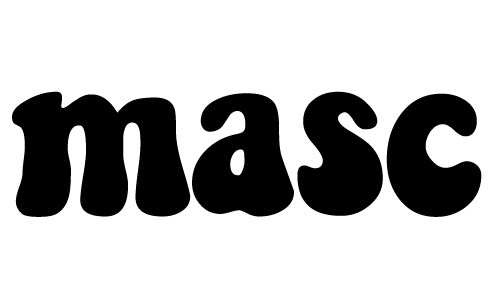Will St Leger
“Right now, we’re at war. We’ve been at war with a virus for thirty years. People come in and out of that war, they fight at the frontline, they get tired, fatigued and injured and go back and recuperate. But there is always going to be new people, fresh blood. And, in a war, all armies have symbols representing the clannish nature of your ally and they always have a motto. That’s how I think about ACT UP’s black and white and pink aesthetic, that’s what I always think when I look at it – a symbol of a war. And I think anyone can take on the symbol and take ownership of it”. Will St Leger is an activist, artist, designer and member of ACT UP Dublin.
I meet with Will to chat ahead of an exhibition of protest art he is organising for Irish AIDS Day. A calendar date he considers to be largely forgotten about by much of the community, he hopes to renew meaningful engagement with the occasion, and refers to a time when there were rallies and marches on the date despite numbers around HIV being lower than where they are today.
The message underpinning the project is one which stems from an idea he had for World AIDS Day a few years ago: “I was looking at the letters HIV on a piece of paper and the words human immunodeficiency virus. I thought, ‘how weird that virus is the most standout word in that whole thing’. I made this giant lettering for human, immunodeficiency was smaller and virus was tiny. That’s the basis of the show – putting humans back into the picture that is HIV”.
The exhibition will feature the responses of fourteen artists to the theme of human with each work open to bids through a silent auction, including one-offs like a print by Jim Fitzpatrick of Irish revolutionary Roger Casement, his jacket endowed with a red ribbon. Money raised will go to ACT UP’s work in strengthening the profile of PrEP, challenging the greed of big pharma and confronting social stigma. A second exhibition, lensed by Hazel Coonagh, will run in tandem showing ordinary people standing in solidarity holding signs splashed with the word ‘human’.
Will has long recognised the valuable contribution of street-art in campaigning for change. In college, he was “acutely aware” of the work of Gran Fury, the artistic wing of ACT UP that complemented that group’s own form of activism where, in spite of “zero resources and zero money [they had] fucking tonnes of creativity and guts”. We find ourselves, today, at a place where the messaging and means of ACT UP takes on a new relevance.
The impact of Gran Fury and ACT UP – visually and politically – has lasted, finding a new articulation as Ireland’s HIV epidemic continues. “[We will] go out there and sticker and stencil and keep hammering home that message until people realise there is a problem in Ireland that is not being addressed, that people who are responsible for the ineptitude and inaction are going to be collecting ministerial pensions. They don’t give a fuck. They don’t give a fuck about the one person every eighteen hours who gets diagnosed, who’s left to their own devices, who may have no support”.
Given how long the war has waged on, there is an energy rather than a weariness behind Will’s words but he recognises how draining the fight is for many: “Friends who are positive, be it for shorter or longer periods of time – they retreat. I haven’t seen them out fighting and that’s not pleasant to witness”. Indeed, many are working in the face of stigma – online and offline – when they disclose their status. Support must also come from beyond the positive community, to ensure people recognise the problem as one which does affect them, directly or indirectly. They must see themselves and their community as deserving of political and social change and be unafraid and united in bringing their response to the point of direct action, “if the powers that be do not work at a speed that is pertinent to that of the epidemic”.
It is not lost on Will that stickering, stenciling, pasting, t-shirts and badges will only carry the movement so far. Nonetheless, these kinds of creative interventions hold a special kind of power, one that can capture imaginations, provoke righteous anger and instigate change. All they ask for is an openness on the part of the viewer: “Street art is totally powerless without people. It’s the people who rally around a particular piece, who engage with it, who share it, who talk about the piece or the subject it refers to. That’s what lends it its power, it draws all its power from [the] people”. We must be willing to engage.
All Together Human opens Thursday 15th June at Filmbase, Curve Street, Temple Bar.




